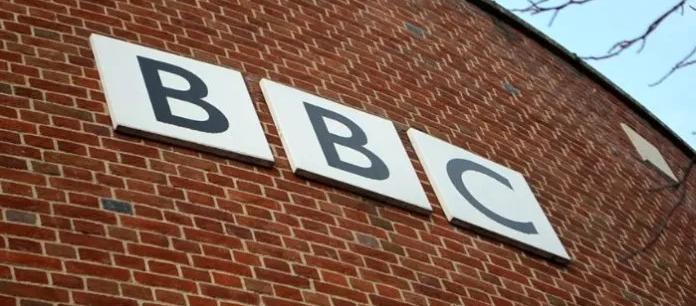
BBC staff accuse broadcaster of pro-Israel bias in open letter
text_fieldsLondon: The British broadcaster has been accused of pro-Israel bias in its coverage of the Gaza war by over 100 BBC employees.
More than 230 prominent figures from the UK media industry and other fields signed the open letter, which claimed that the national broadcaster had not given "fair and accurate" coverage of the war. It was sent to BBC director general Tim Davie.
The Independent was the first to read the letter, which stated that the BBC needed to "recommit to fairness, accuracy, and impartiality.”
Some BBC employees signed the letter anonymously, with one telling The Independent that "so many of us feel paralysed by levels of fear.”
They added: “Colleagues have left the BBC in recent months because they just don’t believe our reporting on Israel and Palestine is honest.”
The letter was signed by prominent members of Britain's political, media, and academic classes, including Sayeeda Warsi, a Muslim member of the House of Lords, historian William Dalrymple, actress Juliet Stevenson, Dr Catherine Happer, a senior lecturer in sociology and director of media at the University of Glasgow, Rizwana Hamid, director of the Centre for Media Monitoring, broadcaster John Nicolson, and columnist Owen Jones, Arab News reported.
The BBC must “robustly challenge Israeli government and military representatives in all interviews,” the signatories said.
In September, BBC Chairman Samir Shah announced that the board would "seriously consider" a review of the broadcaster's Middle East coverage. It follows charges by Jewish groups that the BBC had an "extreme" anti-Israel bias and is failing to handle concerns effectively.
The open letter asks the BBC to make additional editorial obligations, including “reiterating that Israel does not give external journalists access to Gaza; making it clear when there is insufficient evidence to back up Israeli claims; making clear where Israel is the perpetrator in article headlines; and including regular historical context predating October 2023.”
Signatories mentioned one example of a "dehumanizing and misleading headline" about Israel's killing of 6-year-old Hind Rajab in January of this year. The BBC headline read: “Hind Rajab, 6, found dead in Gaza days after phone calls for help.”
The letter to the BBC said: “This was not an act of God. The perpetrator, Israel, should have been in the headline, and it should have been clear that she was killed.”
Another anonymous BBC employee told The Independent: “Palestinians are always treated as an unreliable source and we constantly give Israel’s version of events primacy despite the IDF’s (Israel Defense Forces) well-documented track record of lying.
“We often seem to prefer to leave Israel out of the headline if at all possible or cast doubt on who could be to blame for airstrikes.
“The verification level expected for anything related to Gaza hugely outweighs what is the norm for other countries.”
A BBC spokesperson in response to the letter said the broadcaster holds itself “to very high standards,” adding: “This conflict is one of the most polarising stories to report on, and we know people feel very strongly about how this is being reported.
“The BBC receives almost equal measure of complaints asserting that we are biased towards Israel, as we do asserting we are biased against it.
“This does not mean we assume we are doing something right, and we continue to listen to all criticism — from inside and outside the BBC — and reflect on what we can do better.”























